Kids Dining,Baby Silicone Bibs,Baby Bibs,Silicone Baby Bibs DONGGUAN BILLION GOODTOP INDUSTRIAL CO., LTD , https://www.bgoodtop.com
Chuan Bran Biological Laboratory Construction Solution
**Learning and Searching: A New Teaching Model of "Datong Ecology" at Beijing No. 24 Middle School**
**I. Concept and Innovation in Teaching**
Life sciences have a deep and far-reaching impact on human culture, ethical values, and the economy. Introducing life science education at the basic level not only helps students develop scientific literacy but also allows them to appreciate the wonder and value of life through exploration. This fosters a sense of respect, reverence, and love for life.
The development of science relies heavily on experimentation, which is why practical and applied learning is essential. The Beijing No. 24 Middle School Biological Laboratory was established with the support of Chuan Bran's professional expertise. It draws from the teaching methods used in undergraduate biology labs, focusing on curriculum and experimental design. The flexible learning environment offers diverse learning modes that enhance students' critical thinking, comprehensive analysis, and innovation skills. It moves away from the traditional model where teachers explain experiments and students just listen. Instead, it strengthens students’ hands-on experience and prepares them for future academic and professional success.
**II. Construction of the Biological Laboratory**
The construction of the biological laboratory at Beijing No. 24 Middle School is a comprehensive project named the "Datong Biological Practice Base." It includes a biotechnology lab, a plant tissue culture lab, the Datong Ecological Park, and a specimen exhibition hall.
**1. Biotechnology Laboratory**
This lab goes beyond traditional setups by offering more space for both teachers and students, facilitating group work and teacher guidance. The side tables are designed to hold essential instruments efficiently. Equipped with advanced tools like PCR machines, DNA and protein electrophoresis systems, and high-speed centrifuges, the lab supports a wide range of in-class and extracurricular experiments. It enables students to engage in real-world scientific practices, enhancing their understanding and application of theoretical knowledge.
**Figure 1: Biotechnology Laboratory**
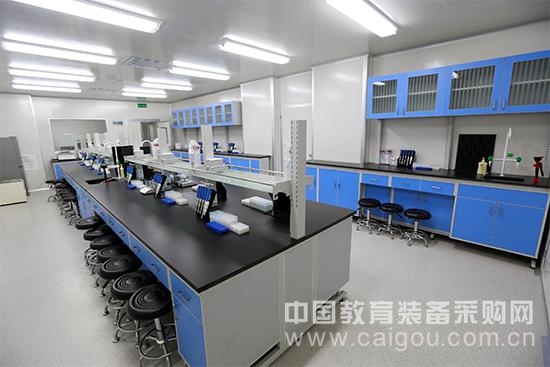
**Figure 2: Experimental Preparation Room**
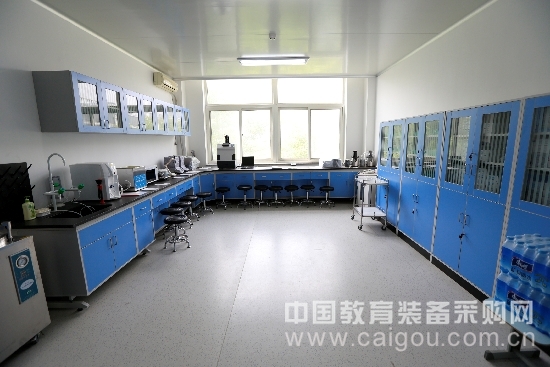
**2. Plant Tissue Culture Laboratory**
This lab is a highlight of the school and has become a center for student innovation. It serves as a seedling base for the Datong Ecological Park and provides students with opportunities to expand their scientific abilities. The successful conduct of two plant tissue culture competitions highlights its importance. Students often gift plants to teachers during festivals, strengthening the bond between students and educators.
Equipped with sterilizers, clean benches, and intelligent plant culture systems, the lab allows students to master plant tissue culture techniques. They learn about innovation and teamwork while applying what they’ve learned in real-life scenarios.
**Figure 3: Tissue Clean Room**
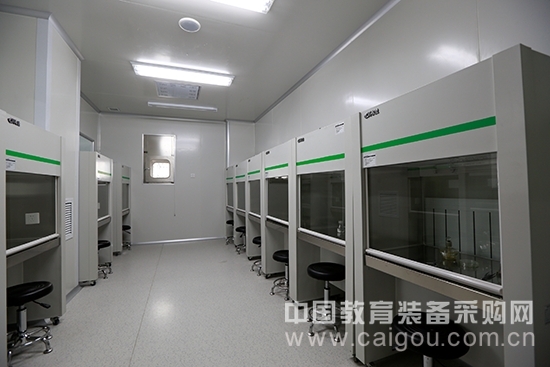
**Figure 4: Plant Cultivation Room**
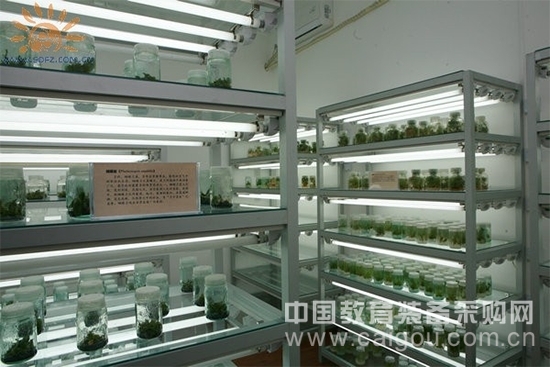
**Figure 5: Refinery Room**
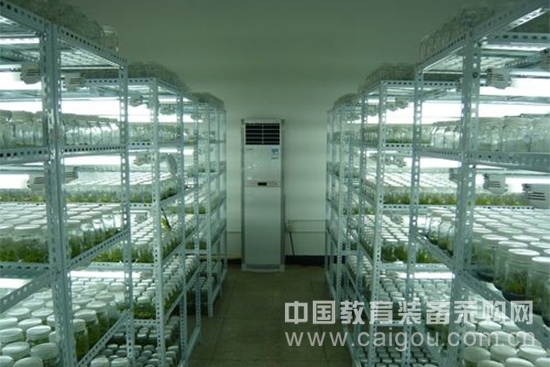
**3. Datong Ecological Park**
The Datong Ecological Park is a modern, innovative space that redefines traditional lab layouts. It features controlled environments for soilless cultivation, plant tissue culture, and ecological research. Officially completed in 2013, it was recognized as an external demonstration base by the Chinese Academy of Agricultural Sciences. It serves as both a plant breeding site and a place for students to explore and apply scientific concepts.
**Figure 6: Specimen Exhibition**
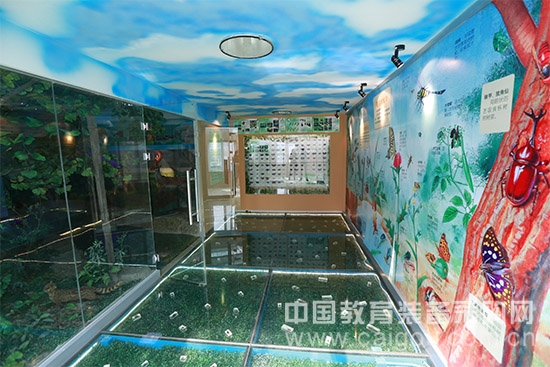
**Figure 7: Specimen Exhibition Hall**
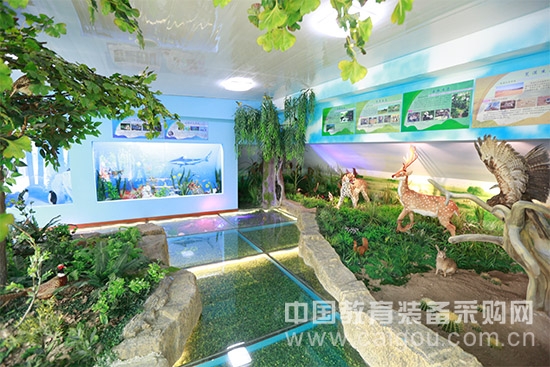
**Figure 8: Soilless Plant Cultivation**
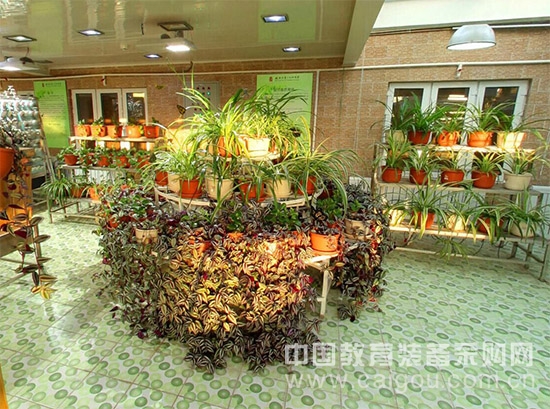
**Figure 9: Students Seeding**
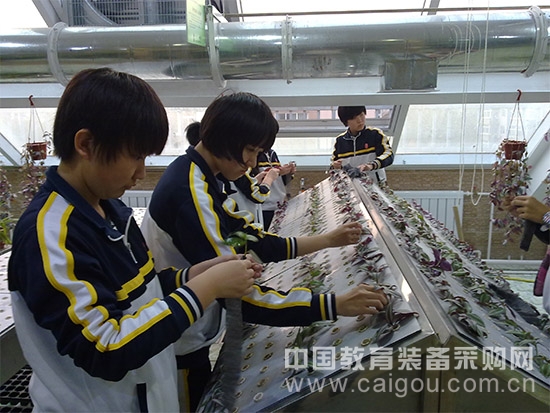
**Curriculum Design**
Beyond regular classes, the Datong Biological Practice Base offers hands-on experiences such as growing vegetables and fruits. Students learn about plant growth, nutrient absorption, and ecosystems in an engaging and interactive way.
**1. Biotechnology Laboratory Courses**
Courses include topics like transgenic plant cultivation and food safety testing, keeping students updated on the latest developments in life sciences and encouraging innovation.
**Table 1: Biotechnology Lab Courses**
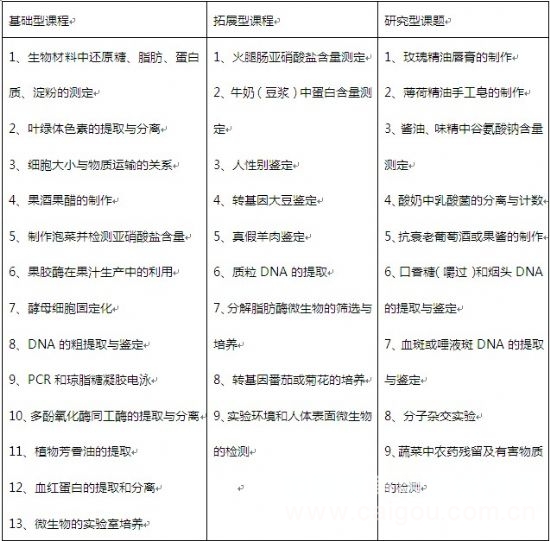
**2. Plant Tissue Culture Courses**
Students learn the basics of plant tissue culture, gain practical skills, and develop a deeper appreciation for nature.
**Table 2: Plant Tissue Culture Courses**
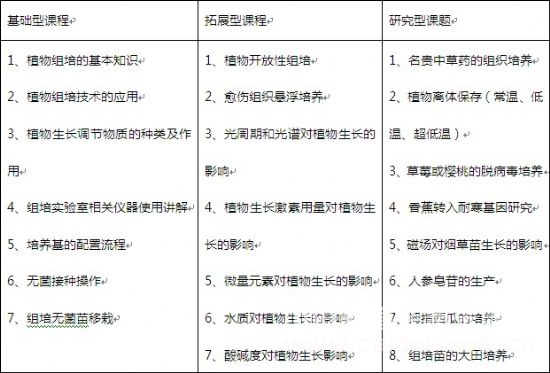
**3. Biological Garden Courses**
This module integrates multiple elements into a simulated ecosystem, offering diverse and flexible learning opportunities.
**Table 3: Biological Garden Courses**
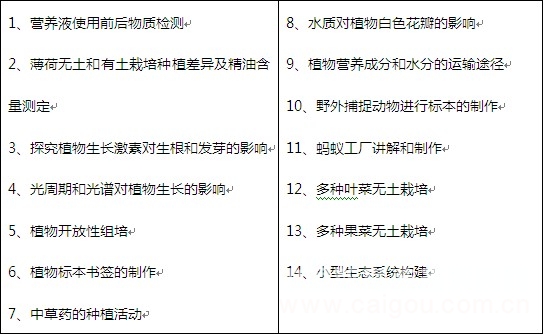
**Innovation Practice Activities**
After introducing students to life sciences, the focus shifts to applying biotechnology in real-world research. Various activities are organized based on students' skill levels and interests.
**1. Popularization Class**
All students participate in weekly lab sessions, working in groups and completing experiments with teacher guidance. Evaluation focuses on participation, emotional engagement, and attitude development.
**2. Improvement Class**
Selected students receive advanced training, deepening their understanding of life sciences and enhancing their creative thinking.
**3. Innovation Class**
Students engage in independent research projects under teacher supervision, often consulting university experts when needed.
This model not only enhances learning but also cultivates future scientists and innovators.